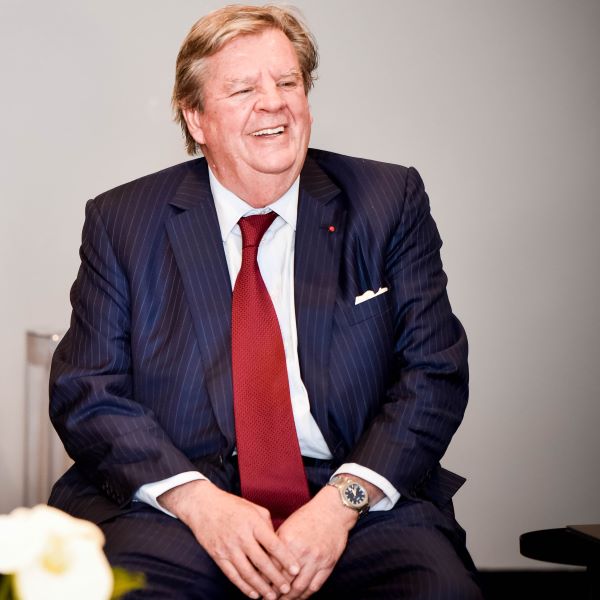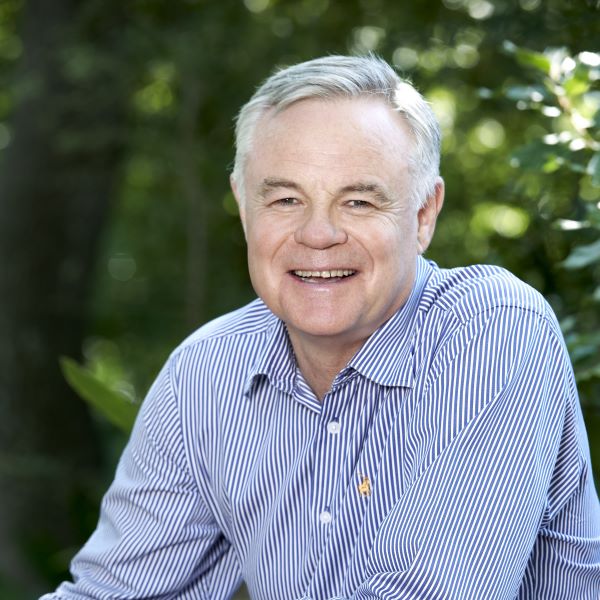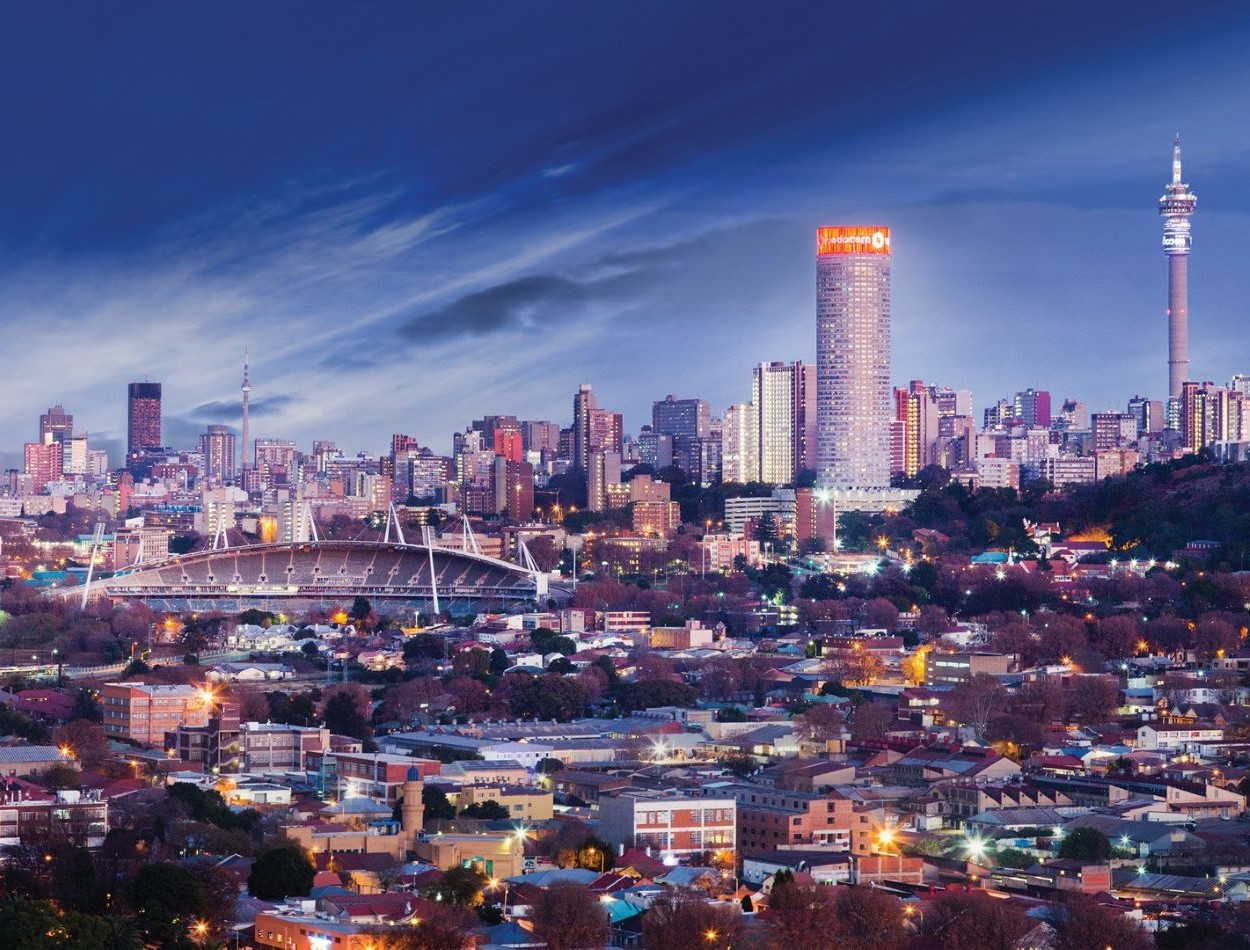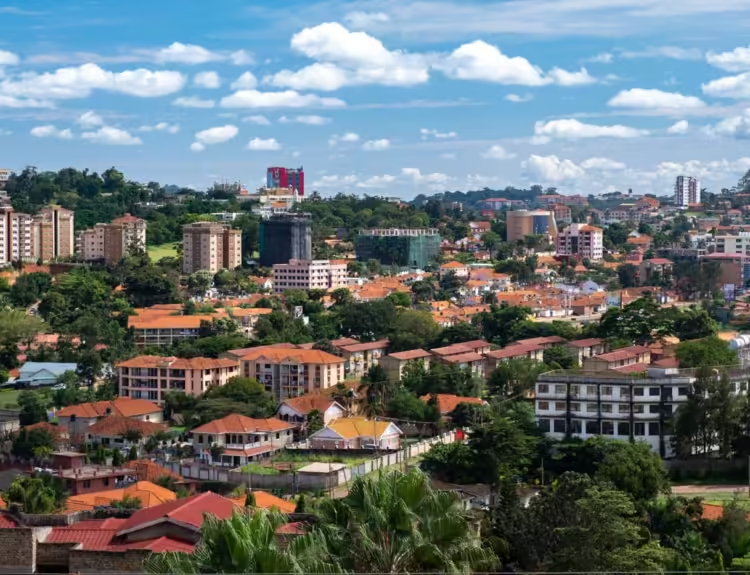South Africa boasts a vibrant economy, but wealth within the nation remains concentrated.
At the pinnacle stand a select few, titans of industry whose fortunes are measured in billions.
Below are some of South Africa’s richest individuals, exploring the sources of their wealth and their impact on the nation.
Contents
- Nicky Oppenheimer: A Diamond Dynasty Endures
- Johann Rupert: King of Luxury
- Patrice Motsepe: From Lawyer to Mining Magnate
- Koos Bekker: Media Mogul to Tech Visionary
- Michiel Le Roux: The Banking Disruptor
- Beyond the billions: Wealth and inequality
- Why growing inequality is a security threat to South Africa
- Looking forward: Entrepreneurship and transformation
Nicky Oppenheimer: A Diamond Dynasty Endures
Nicky Oppenheimer, heir to the De Beers diamond fortune, occupies the number three spot among South Africa’s wealthiest.
Unlike his ancestors who directly controlled De Beers, Nicky’s wealth stems from selling the company to Anglo American in 2012.
He has since diversified his holdings, investing in private equity and philanthropy.
Oppenheimer’s story reflects South Africa’s economic evolution.
De Beers, once a symbol of colonial exploitation, is now a multinational.
Nicky’s focus on responsible investment highlights a growing awareness of the need to balance profit with social impact.
Johann Rupert: King of Luxury
Johann Rupert reigns supreme as South Africa’s richest citizen.
His fortune, estimated at $10.1 billion, is built upon luxury goods. Rupert is the chairman of Compagnie Financière Richemont, which owns iconic brands like Cartier and Montblanc.
Rupert’s success story began with his father’s Rembrandt Group, a tobacco and media conglomerate.
He spearheaded Richemont’s expansion, transforming it into a global luxury powerhouse.
Rupert’s influence extends beyond business. He is a major philanthropist, supporting education and conservation initiatives.
However, critics point to the social cost of luxury, questioning the vast wealth accumulation in a country with significant poverty.
Patrice Motsepe: From Lawyer to Mining Magnate
Patrice Motsepe’s story is one of self-made success.
Starting as a lawyer, he identified an opportunity in the mining sector during a gold price downturn.
He founded African Rainbow Minerals, a mining conglomerate focused on gold, platinum, and other metals.
Motsepe is now South Africa’s richest Black individual, a powerful symbol of economic transformation.
Beyond mining, Motsepe is a vocal advocate for Black economic empowerment.
He invests in other sectors, creating jobs and fostering broad-based growth. His rise to prominence serves as an inspiration for aspiring entrepreneurs across the country.
Koos Bekker: Media Mogul to Tech Visionary
Koos Bekker’s wealth stems from his role in building Naspers, a South African media giant. Bekker, a former lawyer, recognized the potential of the Internet early on.
He led Naspers’ investment in Tencent, a Chinese tech company, which proved to be a pivotal decision.
This single investment has propelled Naspers and Bekker’s personal fortune to significant heights.
Bekker’s story highlights the interconnectedness of the global economy.
His success demonstrates how South African businesses can leverage international opportunities.
He has also used his wealth to invest in education and technology initiatives, aiming to nurture future generations of entrepreneurs.
Michiel Le Roux: The Banking Disruptor
Michiel Le Roux’s path to wealth is unique. He is the architect of Capitec Bank, a South African challenger bank that revolutionized the financial services landscape.
Capitec targeted the unbanked and underbanked population, offering innovative products and lower fees.
The bank’s success propelled Le Roux into the ranks of South Africa’s billionaires.
Le Roux’s story showcases the power of innovation in disrupting established industries.
Capitec’s focus on financial inclusion has a broader societal impact, promoting greater access to banking services for all South Africans.


South Africa’s wealthy elite extends beyond the top five. Here are some additional prominent figures:
• Christoff Wiese: Retail magnate who co-founded Shoprite, Africa’s largest supermarket chain.
• Allan Gray: Investment guru who built Allan Gray Ltd., a leading South African asset management firm.
• Rupert Le Sueur: Media mogul who co-founded Naspers alongside Koos Bekker.
• Stephen Saad: Retail entrepreneur who chairs and co-founded Specialised Shoprite, a discount retailer.
• Yusuf Karodia: Pharmaceutical billionaire and founder of the Aspen Pharmacare Group.
Beyond the billions: Wealth and inequality
The concentration of wealth in the hands of a few raises important questions about South Africa’s economic future.
The vast gap between rich and poor remains a challenge.
While these wealthy individuals contribute significantly through taxes and philanthropy, more can be done to address social inequalities.
The focus on luxury goods and mining also raises concerns about sustainability.
South Africa needs to diversify its economy and invest in sectors that promote long-term growth and job creation.
The question remains: Can the wealth of these billionaires be harnessed to create a more equitable and prosperous future for all South Africans?
Why growing inequality is a security threat to South Africa
Stark wealth disparity casts a long shadow. This vast gap between rich and poor isn’t just an ethical concern; it’s a significant national security threat.
Here’s how:
- Breeding ground for crime and unrest:
When a large segment of the population feels excluded from economic opportunities, frustration and desperation can rise.
This creates fertile ground for criminal activity, particularly property theft, robberies, and gang violence.
Increased crime not only disrupts daily life but also strains police resources, leaving communities feeling unsafe and vulnerable.
Unrest can manifest as protests and riots, further destabilizing the social order and potentially attracting extremist elements.
- Undermining public trust in institutions:
When the wealthy seem to benefit disproportionately from the system, public trust in government and institutions erodes. This includes the police, justice system, and even the democratic process itself.
Citizens may feel their voices are unheard and their needs ignored, leading to disengagement and a sense of powerlessness. This weakens social cohesion and national unity.
- Vulnerability to external threats:
Fragile states with high levels of inequality become attractive targets for external actors seeking to exploit social divisions.
Terrorist organizations or foreign powers can manipulate grievances to sow discord and undermine national security.
Weak institutions and a disaffected population make it more difficult to counter these threats and maintain national sovereignty.
- Social and political instability:
High inequality can lead to political instability, with populist leaders promising quick fixes that may exacerbate existing problems.
This can create a vicious cycle of unrest and political upheaval.
Unstable governments are less likely to invest in programs that address the root causes of poverty and inequality, further perpetuating the problem.
Looking forward: Entrepreneurship and transformation
The stories of South Africa’s richest individuals offer valuable lessons.
Their entrepreneurial spirit, strategic vision, and ability to adapt to changing market conditions are all qualities to be emulated.
However, true economic transformation requires a broader shift.
South Africa needs to foster a culture of innovation and entrepreneurship across all sectors.
Investing in education, and infrastructure, and promoting access to capital are crucial to nurturing the next generation of wealth creators.





